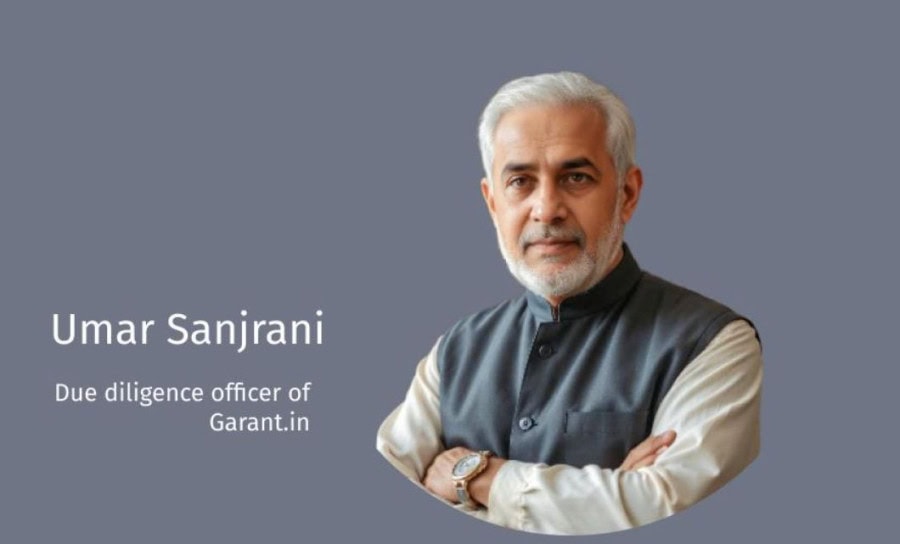In the high-stakes world of citizenship and residence-by-investment programs, Due Diligence is often perceived as a roll of the dice—a game of chance where approval feels as unpredictable as rejection. But for those who delve deeper, it becomes clear that this process is anything but random. It is a meticulously structured system designed to ensure only those with impeccable character and transparent financial histories gain entry into elite global mobility programs.
What is Due Diligence?
At its core, Due Diligence is a comprehensive multi-layered background check conducted on individuals applying for citizenship or residency through investment. The goal is simple yet crucial: to verify the legitimacy of the applicant’s income, legal compliance, and overall trustworthiness. It’s not just a procedural necessity—it’s a shield for governments to protect their programs from misuse.
For companies like GARANT.in, a licensed global agent specializing in such programs, this process is central to their mission. With an in-house Due Diligence officer, they guide clients through this rigorous process, minimizing risks and ensuring smooth applications.
The Three Pillars of Due Diligence
The Due Diligence process unfolds across three critical stages:
Document Analysis
Applicants submit a wide range of documents, including financial records, identification, and proof of income. These are meticulously examined to ensure authenticity and completeness.
Approval from Interpol and Europol
Global law enforcement agencies confirm that the applicant has no criminal record or ongoing legal disputes.
Biography Assessment
This includes an extensive review of the applicant’s family, business affiliations, income sources, and potential risks. For example, links to offshore activities, political exposure, or sanctions lists are all closely scrutinized.
The entire process, while thorough, is not designed to intimidate—it is a safeguard to ensure the integrity of citizenship-by-investment programs.
GARANT.in: Precision in Preparation
One of the most overlooked aspects of Due Diligence is the importance of preparation. At GARANT.in, this stage is treated with the utmost seriousness. By leveraging international databases and proprietary tools, their in-house Due Diligence officer conducts a preliminary analysis to identify and mitigate potential risks before the application reaches official channels.
This meticulous approach significantly reduces the likelihood of rejection—down to just 1%—and ensures applicants move forward with confidence. “Our goal is not just to submit applications but to create bulletproof cases,” says a GARANT.in compliance specialist.
Breaking Down the Risk Matrix
Governments use a “Risk Matrix” to evaluate applicants across multiple criteria:
- Identity Verification: Ensuring the applicant is who they claim to be.
- Financial Legitimacy: Confirming the legality of income sources and capital for investment.
- Reputation: Reviewing media coverage and public records for signs of controversy.
- Political Exposure: Identifying connections to political roles or sanctions.
- Criminal Record: Ensuring a clean legal history.
Each factor is analyzed individually and collectively, creating a comprehensive profile of the applicant.
Why It’s Not Roulette
The perception of unpredictability in Due Diligence often stems from applicants’ lack of preparation or misrepresentation of facts. However, when approached methodically—with expert guidance from firms like GARANT.in—the process is far from a gamble. Instead, it becomes a predictable path to success for those who meet the criteria.
The stakes are high: a failed Due Diligence check can result in not only the loss of application fees, which often start at $5,000 per person but also disqualification from future participation in similar programs. That’s why having a dedicated team with expertise in compliance and legal standards is indispensable.
Conclusion
Due Diligence is not a game of chance; it’s a rigorous, structured process that demands preparation and transparency. For governments, it’s a tool to maintain the credibility of their programs. For applicants, it’s a test of their integrity and eligibility.
With companies like GARANT.in guiding clients every step of the way, what might seem like roulette becomes a calculated and reliable journey. Their meticulous attention to detail, backed by an in-house Due Diligence officer, ensures applicants have the best possible chance of success.










